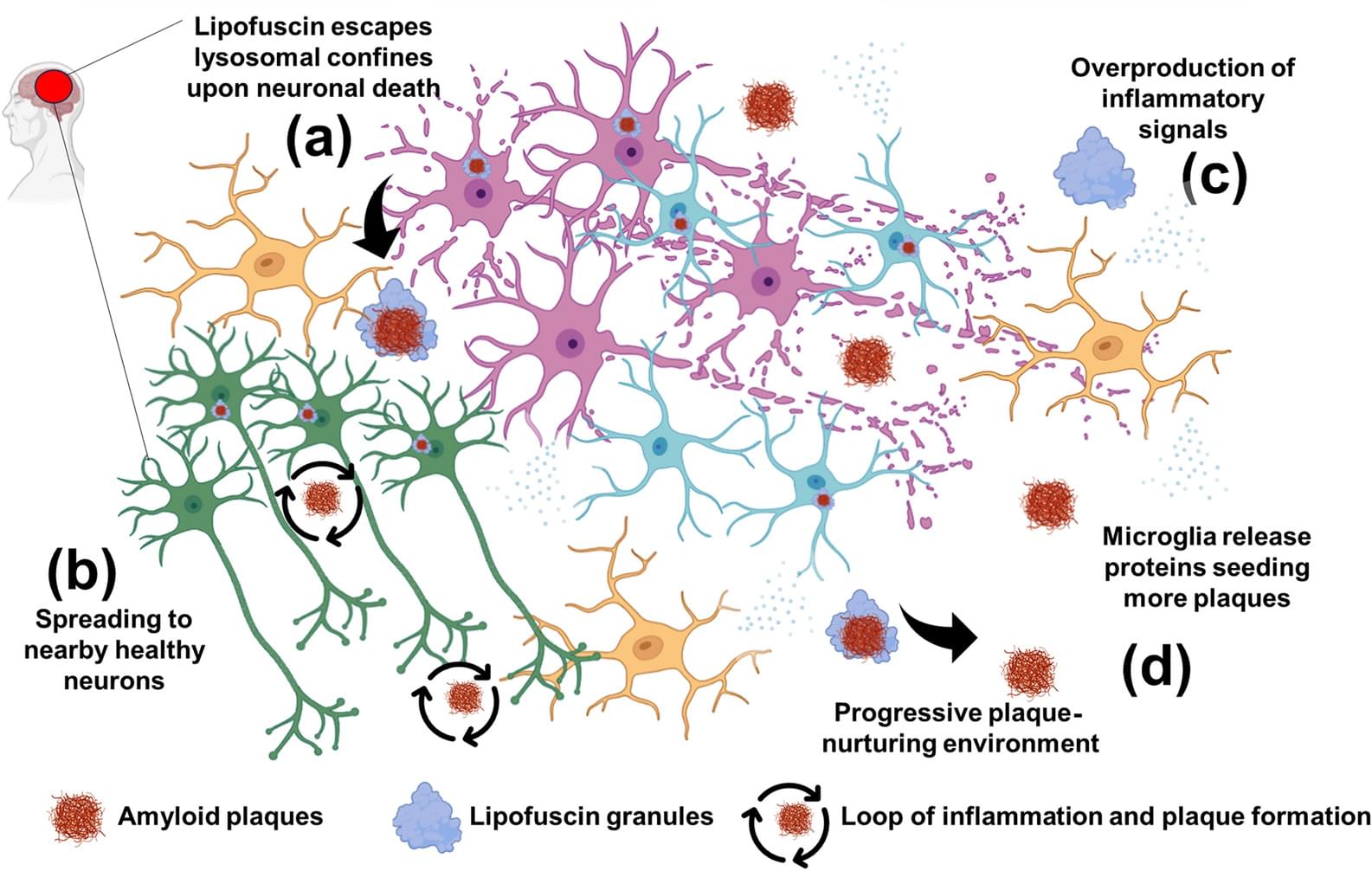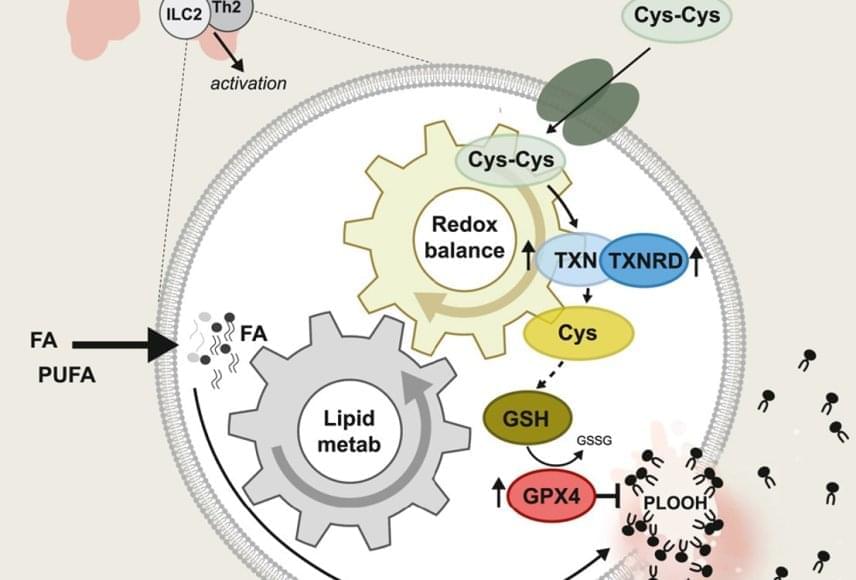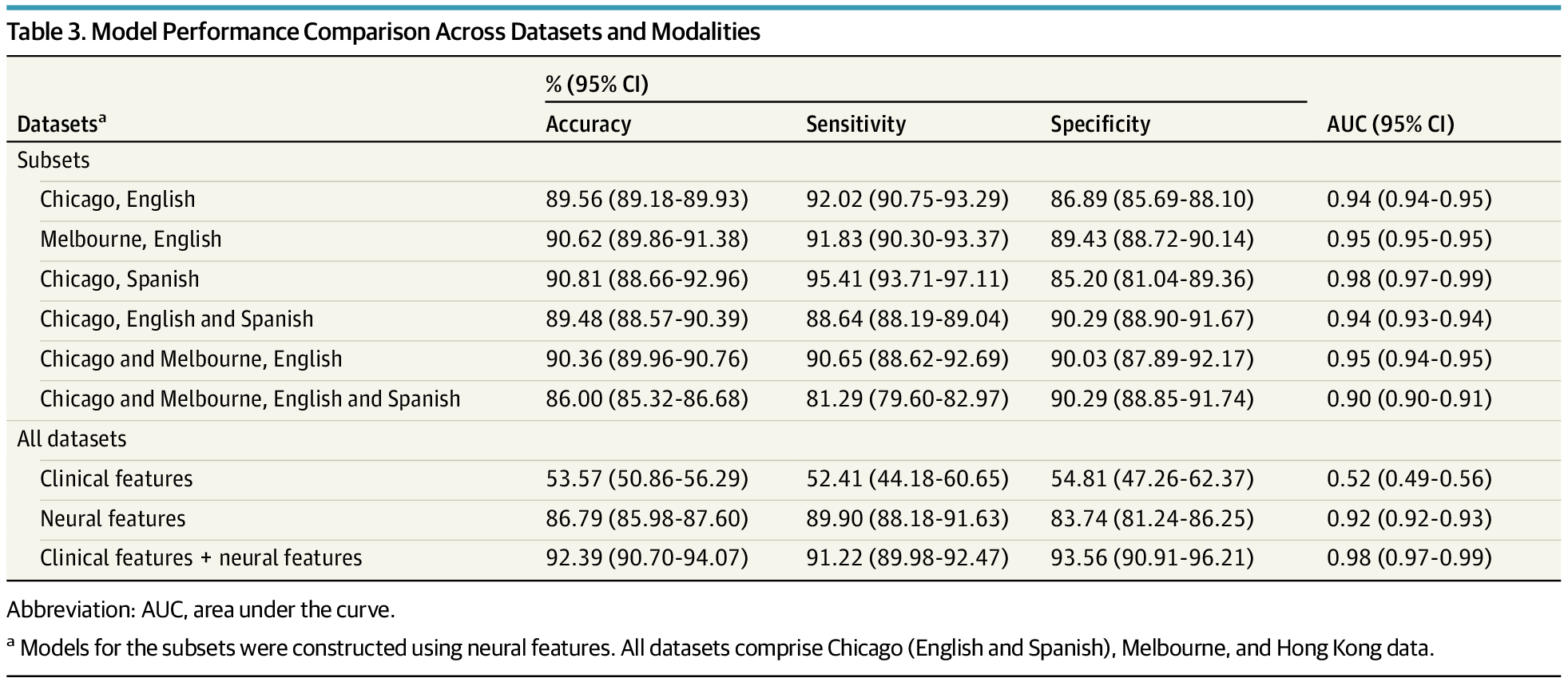Lipofuscin, a marker of aging, is the accumulation of autofluorescent granules within microglia and postmitotic cells such as neurons. Lipofuscin has traditionally been regarded as an inert byproduct of cellular degradation. However, recent findings suggest that lipofuscin may play a role in modulating age-related neurodegenerative processes, and several questions remain unanswered. For instance, why do lipofuscin granules accumulate preferentially in aged neurons and microglia? What happens to these pigments upon neuronal demise? Particularly in neurodegenerative diseases like Alzheimer’s disease (AD), why does amyloid β (Aβ) deposition usually begin in late adulthood or during aging? Why do lipofuscin and amyloid plaques appear preferentially in grey matter and rarely in white matter? In this review, we argue that lipofuscin should be revisited not as a simple biomarker of aging, but as a potential modulator of neurodegenerative diseases. We synthesize emerging evidence linking lipofuscin to lysosomal dysfunction, oxidative stress, lipid peroxidation and disease onset—mechanisms critically implicated in neurodegeneration. We also explore the potential interactions of lipofuscin with Aβ and their spatial location, and summarize evidence showing that lipofuscin may influence disease progression via feedback loops affecting cellular clearance and inflammation. Finally, we propose future research directions toward better understanding of the mechanisms of lipofuscin accumulation and improved lysosomal waste clearance in aging.







